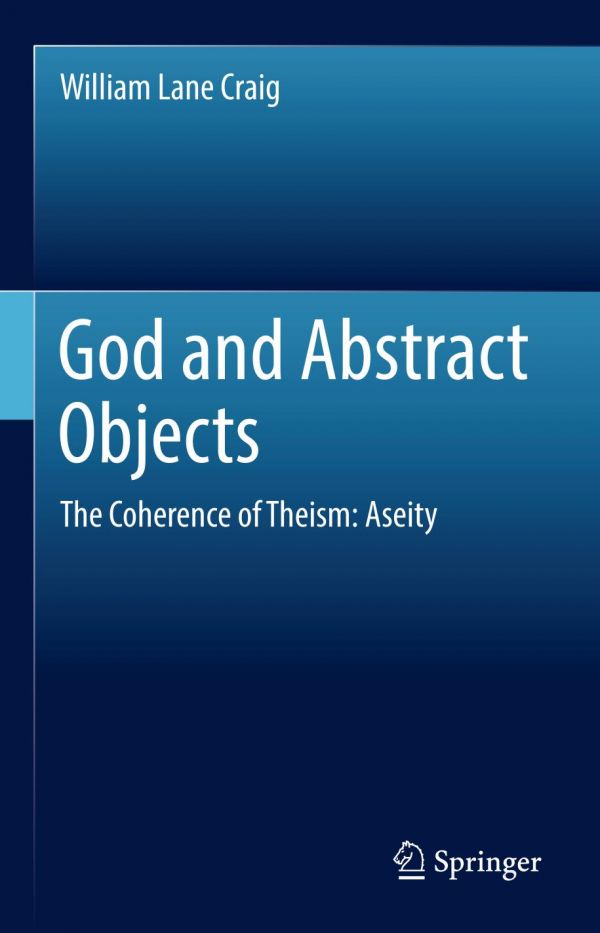

Most ebook files are in PDF format, so you can easily read them using various software such as Foxit Reader or directly on the Google Chrome browser.
Some ebook files are released by publishers in other formats such as .awz, .mobi, .epub, .fb2, etc. You may need to install specific software to read these formats on mobile/PC, such as Calibre.
Please read the tutorial at this link: https://ebookbell.com/faq
We offer FREE conversion to the popular formats you request; however, this may take some time. Therefore, right after payment, please email us, and we will try to provide the service as quickly as possible.
For some exceptional file formats or broken links (if any), please refrain from opening any disputes. Instead, email us first, and we will try to assist within a maximum of 6 hours.
EbookBell Team

4.4
102 reviewsThis book is an exploration and defense of the coherence of classical theism’s doctrine of divine aseity in the face of the challenge posed by Platonism with respect to abstract objects. A synoptic work in analytic philosophy of religion, the book engages discussions in philosophy of mathematics, philosophy of language, metaphysics, and metaontology. It addresses absolute creationism, non-Platonic realism, fictionalism, neutralism, and alternative logics and semantics, among other topics. The book offers a helpful taxonomy of the wide range of options available to the classical theist for dealing with the challenge of Platonism. It probes in detail the diverse views on the reality of abstract objects and their compatibility with classical theism. It contains a most thorough discussion, rooted in careful exegesis, of the biblical and patristic basis of the doctrine of divine aseity. Finally, it challenges the influential Quinean metaontological theses concerning the way in which we make ontological commitments.